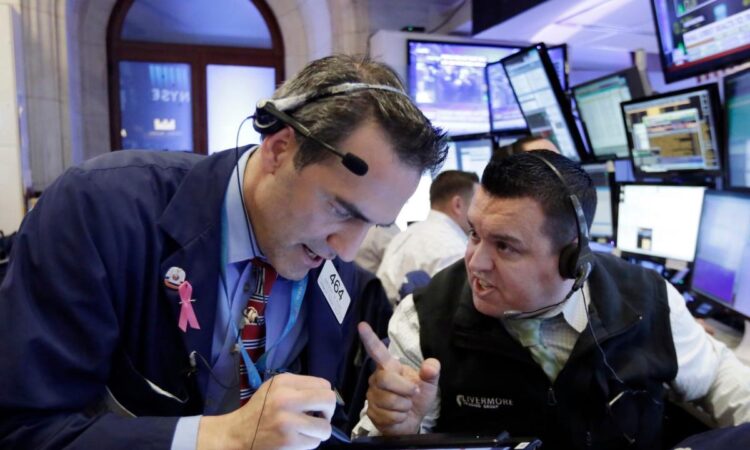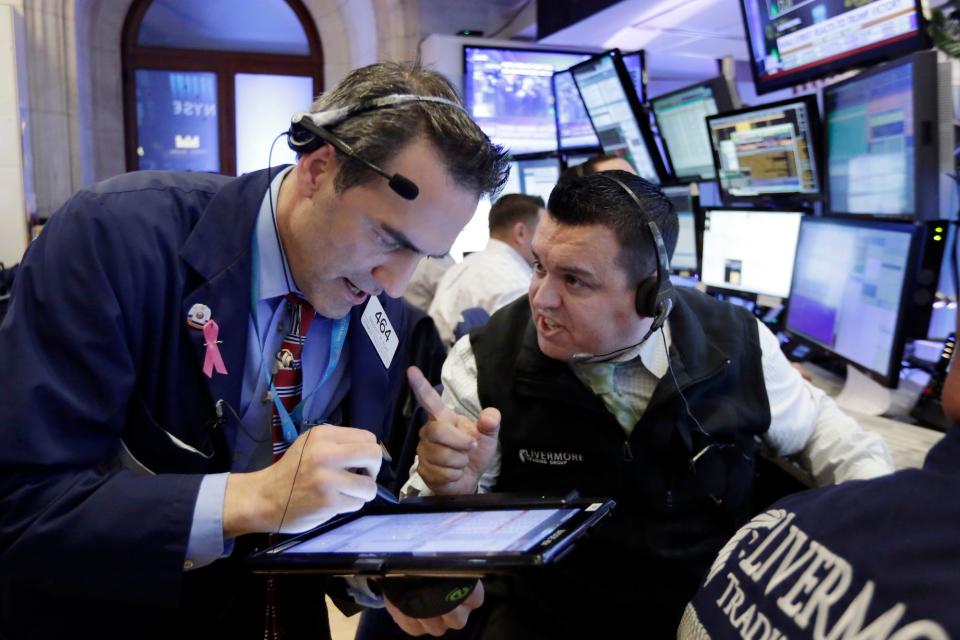Hedge funds are reeling from some of the worst outflows since the Great Recession and managers are shunning Wall Street – even as a bull market reigns


-
The hedge fund industry is grappling with a protracted period of withdrawals as investor interest in the sector recedes.
-
For twelve consecutive months, the sector has experienced net outflows – coupled with the worst May since 2009.
-
The industry’s total Wall Street exposure has fallen to the lowest in over 10 years – despite US stocks enjoying a remarkable 2023 bull run.
Hedge funds continue to reel from a prolonged period of withdrawals – this year, the industry had to cope with the worst outflows for the month of May since the global financial crisis.
For twelve consecutive months, hedge funds experienced net withdrawals – and in May, the industry saw its assets shrink by $18.8 billion due to a combination of investors pulling out and performance losses, according to asset management data provider eVestment, a part of the Nasdaq group. This is the biggest outflow for the month of May since 2009.
“Even as annual net outflows began to be the norm for the industry in 2018, net flows in May were still positive more often than not,” Peter Laurelli, global head of research at eVestment, wrote in a recent note. “The net outflow in May 2023, while not generally large, was the largest net outflow value we’ve seen.”
The data provider attributes the trend to a lack of new investor interest in the sector.
“Looking more closely at the breakdown of the data shows that it wasn’t so much that a lot of money was being removed, or that redemptions were widespread, rather there was a relatively normal level of redemptions along with the lowest level of meaningful product level net inflows,” Laurelli said.
“Attempting to be blunt…there was little evidence of meaningful new interest in hedge funds in May.”
Hedge funds with equity-focused strategies have continued to face redemption pressures, according to Laurelli.
“While sentiment appears to be shifting across some segments of the industry, it has stayed the same within equity-focused strategies. Long/short equity funds continue to endure a not impossible, but clearly difficult capital raising/maintaining environment,” he wrote.
Research by the Financial Times has shown that hedge funds’ total Wall Street exposure is at its lowest level in more than a decade. Despite the S&P 500’s remarkable bull run in 2023 – rising 18% year-to-date – fund managers are ignoring companies they consider overvalued and seeking returns in cheaper European markets instead.
“It’s hard to justify the multiples of many of these [US] tech businesses,” Alison Savas, investment director at Australia-based Antipodes Partners, said in an interview with the FT. Her firm has allocated 30% of its $10 billion assets under management to Europe – shunning the pricier US market.
Commenting upon hefty tech-stock valuations, he said: “We agree Nvidia is a great business, but as a value investor we can’t make that multiple work.”
The stock market continues to defy doomsayers, however – with the Nasdaq Composite up around 35% year-to-date.
Read the original article on Business Insider






